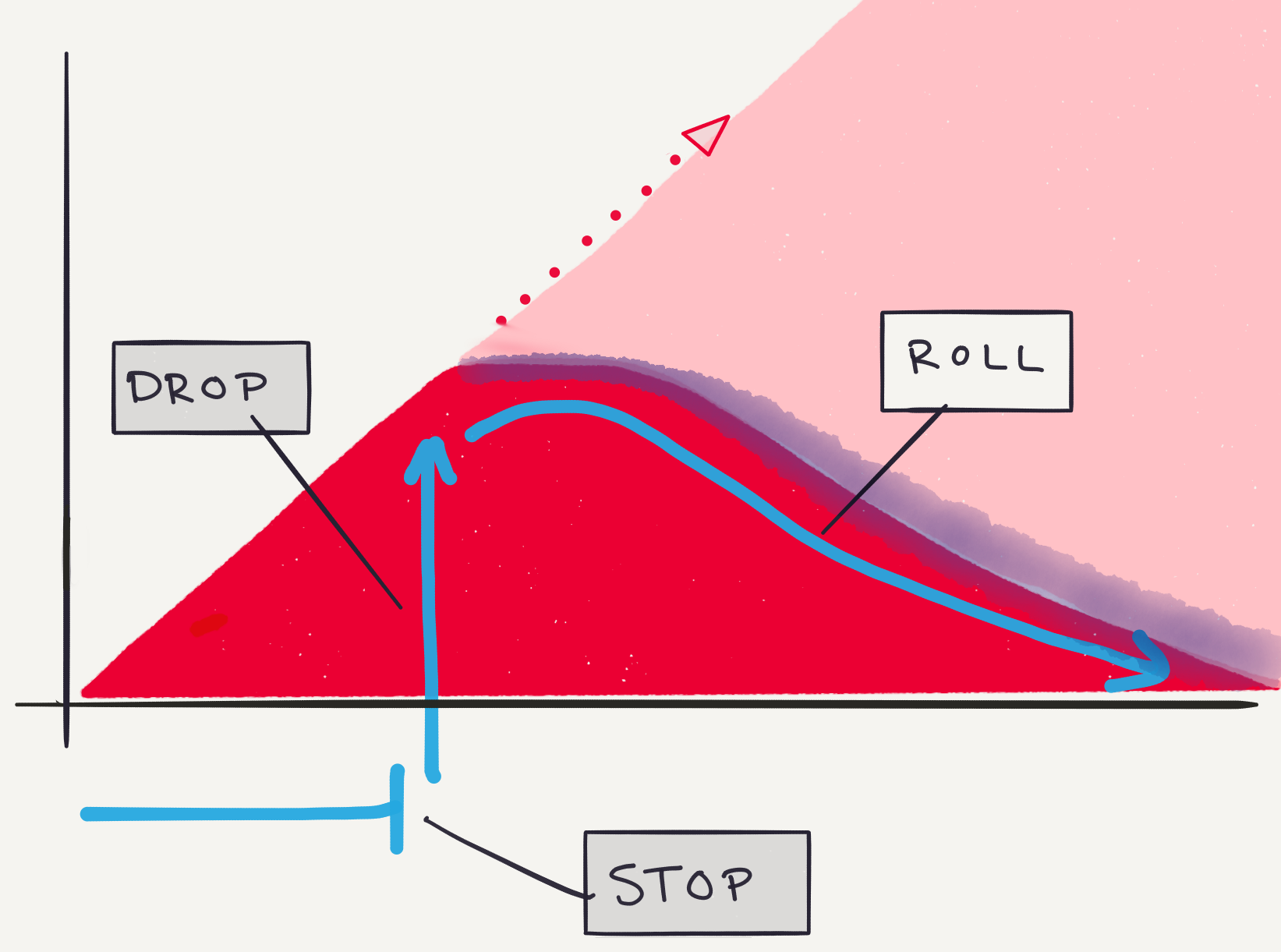
Your anger isn’t wrong, but everything you’ve been told about anger is.
Myths are the stories we put together. It's the way we attach meaning to a subject we don’t quite understand. And we've definitely told a certain story about what anger is.When we think about anger we might picture a prideful or powerful person, outraged because another person didn’t do what they wanted. Anger’s goal, we’re told, is to place that person back in line, or worse, to push the person away and make them feel small. Many of us have experienced this first hand, and it's painful.We've felt powerless beneath anger, maybe even since we were small. Even worse, some of us have been taught that anger means violence. As a result, it's difficult to conceive of anger meaning anything else.So of course anger is something we frown upon. Angry people shouldn’t make people feel small. Their attitudes are destructive and harmful. However, that's why we see anger as something we need to box up, to shove down, to get rid of. “Don’t let the sun go down on your anger” is the flagship for this myth. As a result, we take this to mean something like, “Since anger is destructive, avoid getting angry. At whatever cost, get rid of it as soon as possible so it doesn’t ruin your relationship.”Anger is a myth.
Our myth about anger teaches us several things about what anger is:
- Dangerous. There's this idea that anger only damages relationships. That's why we have a form of anxiety about anger. Consequently, we believe if we stay too angry too long the relationship will fall apart.
- Hate. We're taught that when a person is angry they are trying to push others away or down. As a result, we see it as something people do to people they can't stand.
- Sinful. We have this perception God certainly never gets angry, so consequently if I get angry I am not being a good Christian.
- Unhealthy. "We hardly fight!" is often seen as a measure of relational health, because we think good relationships don't have anger. Therefore, we try to keep from arguing in public so others don't assume we have an unhealthy relationship.
Is there a different story to tell about anger? One that trusts that anger might just be there for a reason?
Anger exists from the moment we're born. A baby screams when she's hungry, tired, wet, hurt, or cold. Mothers quickly learn that their cries indicate that something's wrong. Something happened to make the baby feel uncomfortable. It's not that she hates the mother, it's that she needs something. Anger is a posture of vulnerability. Anger is the perception that I need more from you, but can't seem to get it on my own. And this is a feeling worth listening to.The thing is, if we don't get angry we're robbing our selves and our relationships of an important, and often helpful, emotion.
So how can we approach anger in a fresh way?
It might be helpful to think of anger as a fire alarm. Fire alarms are extremely helpful because they tell us when something has gone wrong. This fire alarm sounds (sometimes quite loudly) when one person feels there has been a kind of rupture in the relationship, an unmet or frustrated need. If I silence the alarm, by suppressing or avoiding my anger, I keep you from knowing that something's wrong. So what can we do?Stop. Drop. Roll.
Stop
The first step is to stop. You stop the conversation to attend to what’s happened. Treat anger as a fire alarm: a signal that something’s wrong. To stop, you might say something like, “time-out”, or “wait, something just happened”. Then you might try to identify the moment the anger began.
Drop
This part is a little more difficult. Dropping means we “drop” in to the other person’s experience. We hear the story, we empathize, we try to understand what happened. This involves recognizing that every person puts a story together in their mind about what happens in relationships. Because every person does this, it’s not so important to identify where the other person “misread” you, or “got it wrong”, or that “that’s not really what happened”. Instead, try to understand how this person put the story together the way they did. Let yourself feel and understand from their perspective.
Drop also means dropping into your own experience as well. It means being able to also speak about what happened for you. How did you put the story together? It’s good to hear and understand both stories of what happened, and acknowledge them without judgement.
Roll
Trust the process. Often we avoid anger because we’re afraid if we attend to it we will only fan the flame. The ironic truth is that avoiding emotions is what causes them to be “disregulated”. Instead, when we drop down, attend and listen to emotions, we engage an interpersonal neurological process called co-regulation, which helps emotions like anger and sadness to resolve.
Rolling means trusting that as we tune-in to anger, we are engaging in a process that will transform the anger into a more harmonious state. And, we also trust that doing so actually forges a deeper relational bond!
